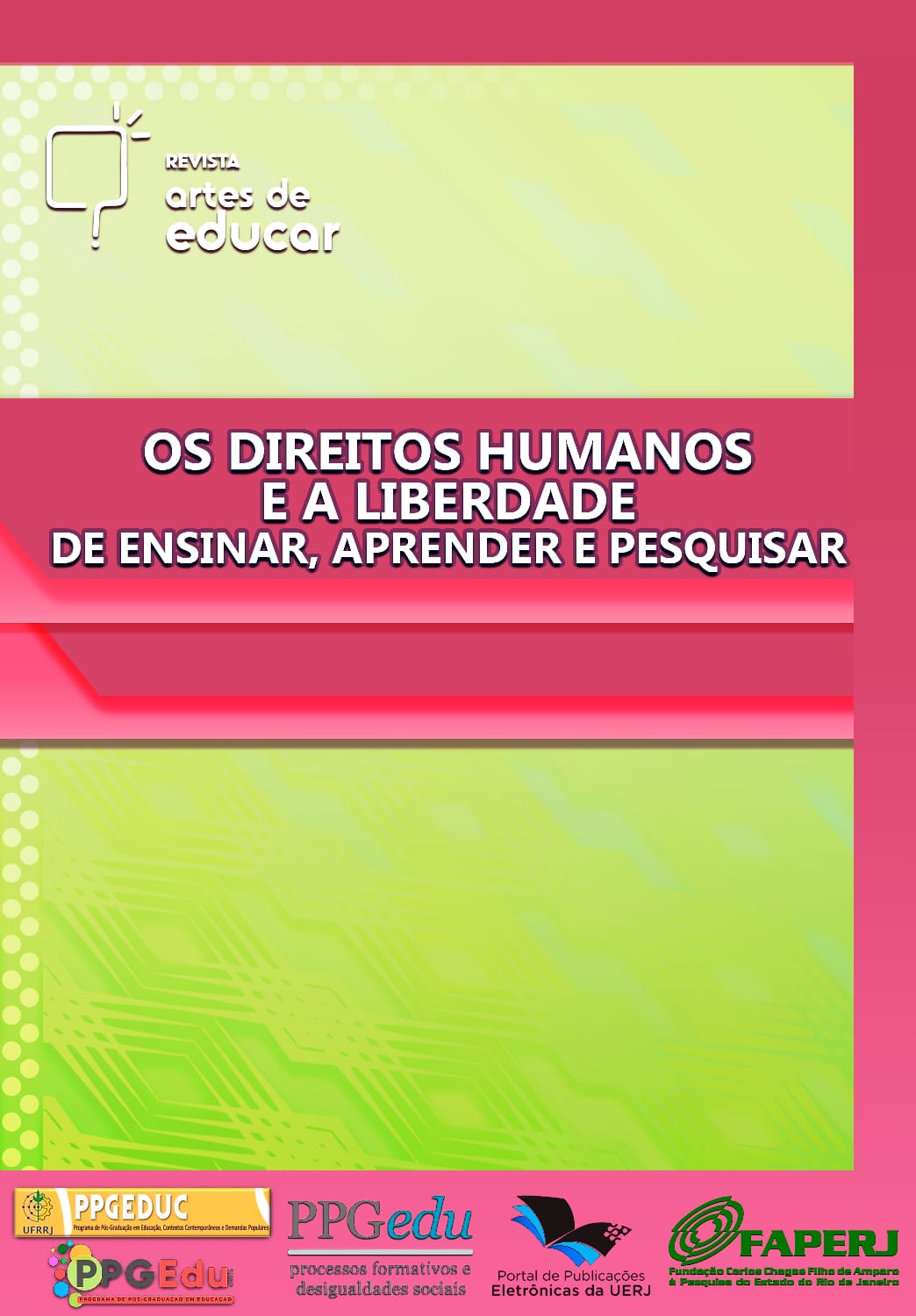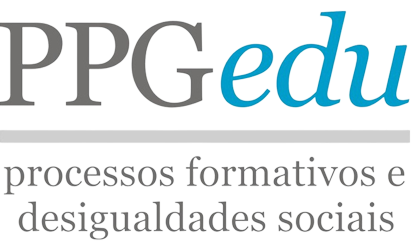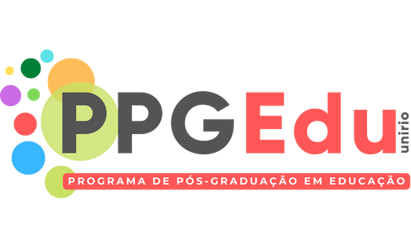SELF-CENSORSHIP AND RESISTANCE AMONG PUBLIC TEACHING PROFESSIONALS IN THE MUNICIPALITY OF SÃO PAULO:
RESEARCH REPORTS
DOI:
https://doi.org/10.12957/riae.2024.82428Keywords:
Neoconservatism, Right to Education, Teaching professionals, Freedom to teach, Municipality of São PauloAbstract
The article discusses the challenges and resistance faced by teaching professionals in the municipality of São Paulo in the face of the wave of conservatism affecting public education, presenting the results of qualitative research, using ethnographic techniques, with teaching professionals in the municipality of São Paulo. The aim is to investigate the effects of neo-conservative ideological political proposals on school practices. The research is justified by the growing attempt to censor teachers, the devaluation of education professionals and the strengthening of conservative ideas, a transnational phenomenon discussed in the literature and with prominent impacts on educational policy and the right to education. As a result, we identified school practices of self-censorship for fear of embarrassment and censorship within the school community itself. The themes generally mobilized in these phenomena are linked to democratic human rights agendas in education, such as the rights of women and the LGBTQIA+ population, sexual health education, combating racism and the history of authoritarian periods in Brazil. We conclude that despite being widespread, these practices make up a scenario of major disputes in Brazilian society, in which possibilities of resistance, alliances and practices emerge that keep the democratic and transformative sense of education alive.
Published
How to Cite
Issue
Section
License
Copyright (c) 2024 Bruna Sartori, Salomão Ximenes

This work is licensed under a Creative Commons Attribution-NonCommercial 4.0 International License.
Authors retain copyright to their work, are permitted to publish and distribute their work online (e.g., in institutional repositories or on their personal page) at any point before or during the editorial process, as this may generate productive changes, as well as increasing the impact and citation of published work.
The acceptance of the text implies the authorization and exclusivity of the Revista Interinstitucional Artes de Educar regarding the right of first publication, the published works are simultaneously licensed with a Creative Commons Attribution-Non Commercial 4.0 International License 























